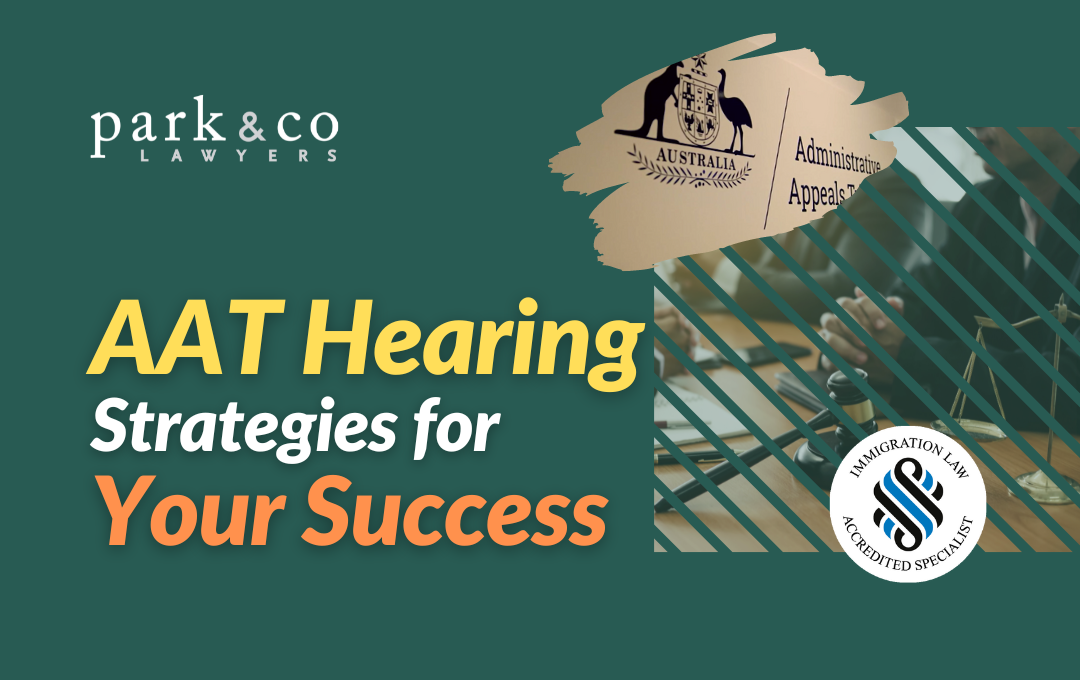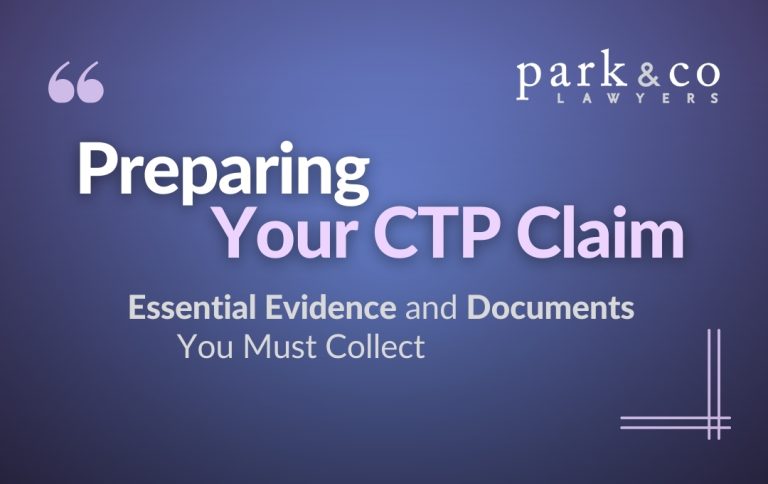Introduction
Migration cases can be complex and challenging, especially if you are facing a visa refusal or cancellation. If you have decided to appeal to the Administrative Appeals Tribunal (AAT), it is important to understand the process and how to prepare for an AAT hearing to increase your chances of a successful outcome. This article will guide you through the key steps and considerations for an AAT hearing in a migration case.
Understanding the AAT Hearing Process
The AAT is an independent tribunal that reviews decisions made by the Department of Home Affairs regarding visas and migration matters. If you lodge an appeal application, the AAT will review your case and give you the opportunity to present your arguments and evidence at an AAT hearing. It is important to familiarise yourself with the process to ensure you are well prepared. Here is an outline of the general AAT hearing process:
1. Lodge your appeal application: Submit your appeal application to the AAT within the specified time frame, provide supporting documentation and pay any required fees.
2. Confirmation of application: The AAT will send you a confirmation letter acknowledging receipt of your application.
3. Preparing your appeal case: Carefully review the decision made by the Department of Home Affairs and identify the reasons for the refusal or cancellation. Develop a strategy to present your case effectively, which may involve preparing a statement, gathering evidence and conducting legal research.
4. Hearing invitation: The AAT will send you a hearing invitation letter, which you must complete and return to confirm your attendance. This is the opportunity to indicate if you require an interpreter or plan to bring witnesses.
5. Attending the AAT hearing: On the scheduled hearing date, you will present your case to a member of the Tribunal. You can provide oral evidence, answer questions, and have witnesses testify on your behalf. It is advisable to have an experienced migration lawyer or representative accompany you to provide support and guidance.
6. Additional information or documents: The AAT may request further information or documents after the hearing to address specific issues raised during the proceedings.
7. AAT decision: The AAT will review all the facts and evidence presented, along with the original decision, and make a decision on your case. The timeframe for receiving the decision can vary from weeks to years.

Preparing Effectively for an AAT Hearing
To increase your chances of a successful outcome at the AAT hearing, thorough preparation is essential. Here are the key steps to consider when preparing for an AAT hearing in a migration case:
Understand the Case and Decision: Begin by carefully reviewing the decision made by the Department of Home Affairs. Identify the reasons for refusal or cancellation, and understand the specific grounds on which you are appealing. This understanding will help you formulate strong arguments and gather relevant evidence to support your case.
Develop a Strategy: Based on the grounds of your appeal, develop a strategy for presenting your case effectively. Consider the strengths and weaknesses of your situation, and determine the key points you need to address during the hearing. It may be helpful to consult with an experienced immigration lawyer or representative to guide you through this process.
Gathering Evidence: Collect all necessary supporting evidence to strengthen your case. This could include documents such as medical reports, letters of support, financial records, or any other relevant evidence that supports your claims. Ensure that the evidence is credible, up-to-date, and directly related to the issues being considered.
Prepare a Statement: Prepare a clear and concise statement outlining your explanation of the various aspects of your case. Highlight any discrepancies or errors in the Department’s decision and provide compelling arguments to counter them. Your statement should be well organised, logical, and supported by evidence.
Conduct Legal Research: To strengthen your case, conduct legal research to understand the relevant migration laws, regulations, and precedents that apply to your situation. This will enable you to present legal arguments and authorities that support your claims. An experienced immigration lawyer can assist you in conducting thorough legal research.
Seek Professional Assistance: Consider engaging the services of an experienced immigration lawyer or representative to assist you throughout the AAT hearing process. They can provide valuable guidance, prepare strong written submissions, accompany you to the hearing, and ensure that all procedures are followed correctly. Their expertise and knowledge of migration law can significantly increase your chances of success.
Prepare Witnesses: If you have witnesses who can provide relevant evidence or testify on your behalf, prepare them for the hearing. Ensure they are aware of the key points they need to address and that their testimony is consistent with your case. Practise mock interviews and anticipate potential questions to help them feel more confident during the hearing.
Conclusion
Preparing for an AAT hearing in a migration case requires careful planning, thorough research, and effective presentation of your case. Understanding the process, gathering supporting evidence, and developing strong arguments are crucial to a successful outcome. Engaging the services of an experienced immigration lawyer can greatly increase your chances of success and provide valuable guidance throughout the AAT hearing process. By following the steps outlined in this article and seeking professional assistance, you can navigate the AAT hearing with confidence and maximise your chances of achieving a positive outcome in your migration case.








